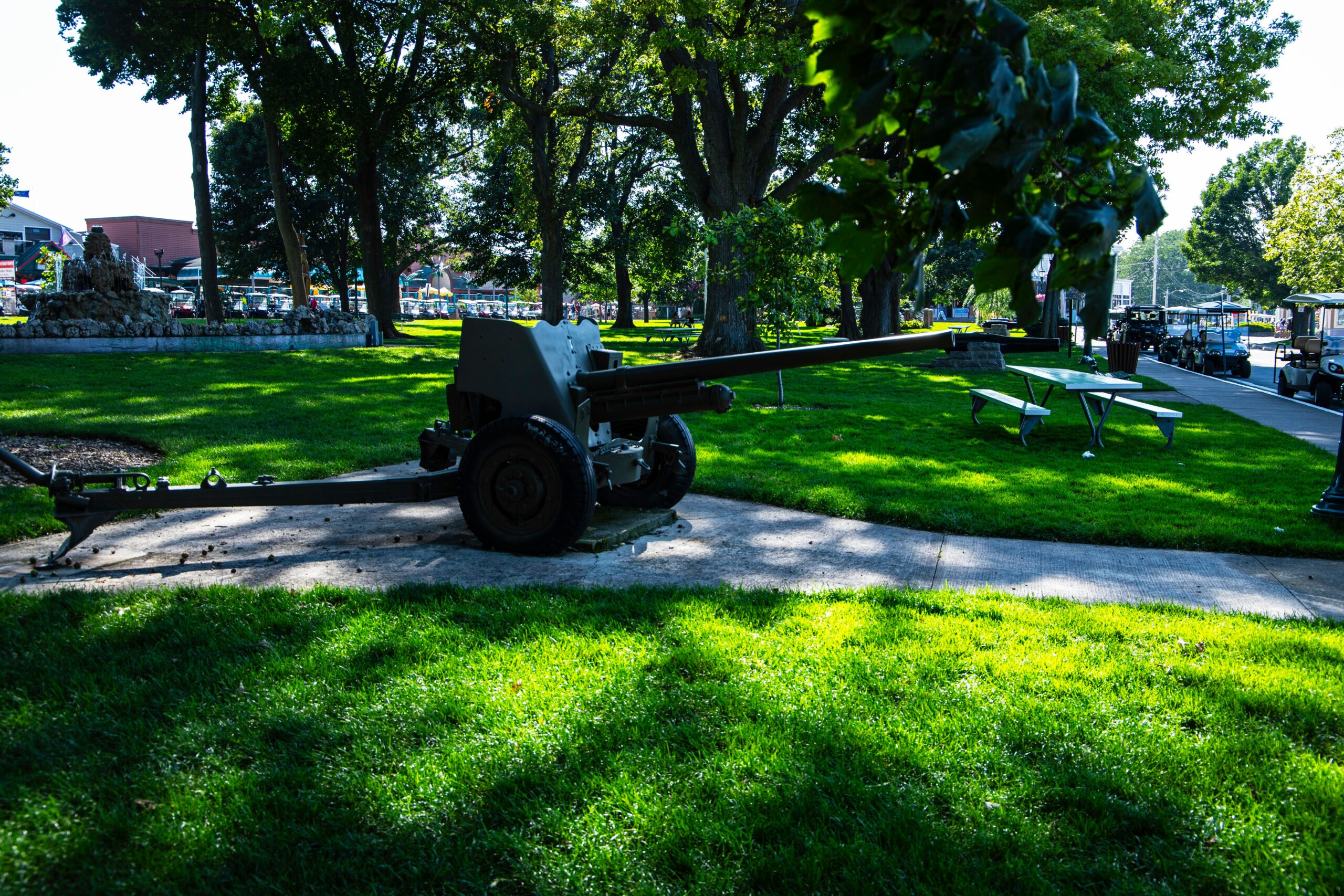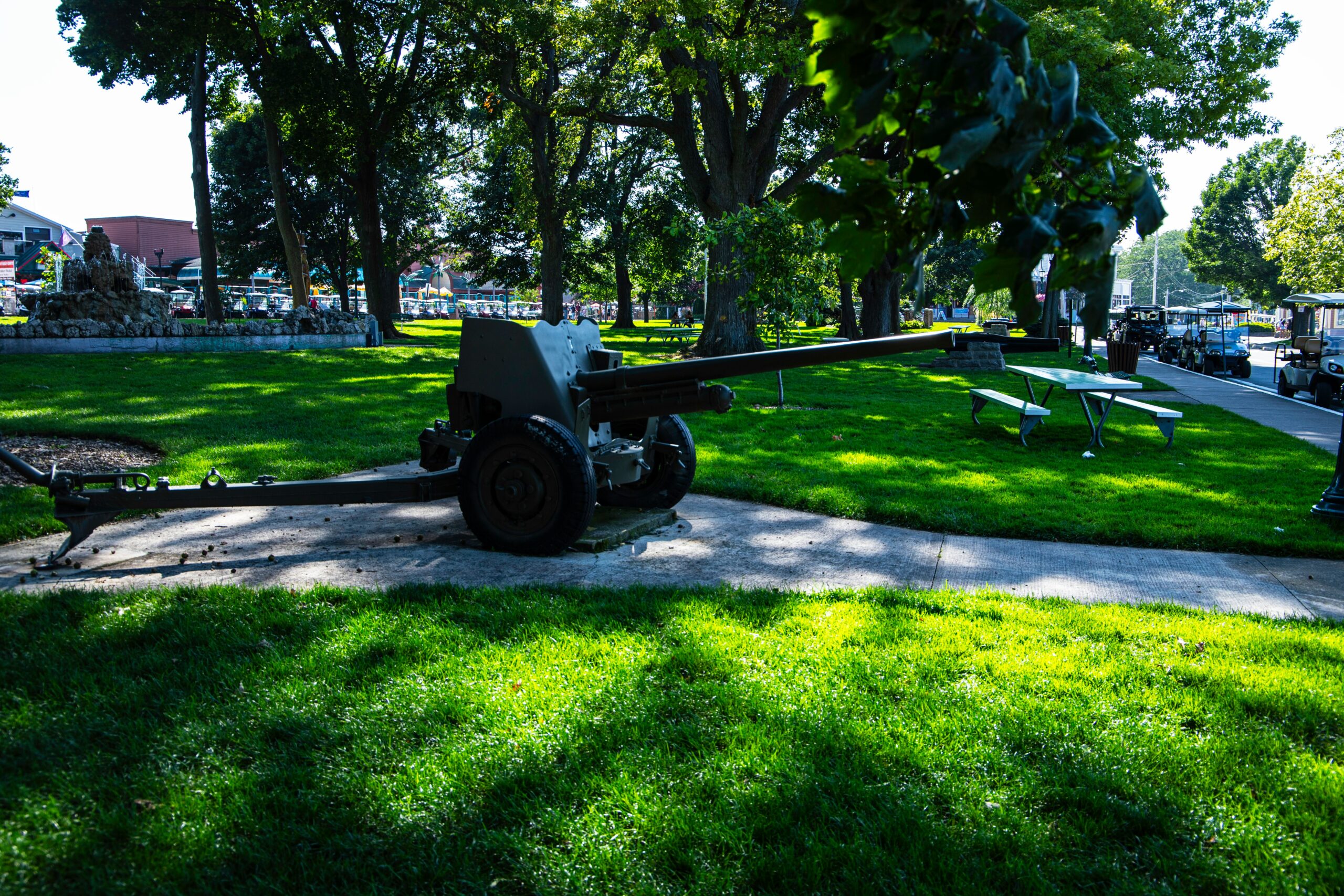
Background of the Recent Tensions
The recent surge in military readiness by North Korea can be traced back to a series of alleged drone incursions attributed to South Korea. North Korean officials have claimed that these unidentified aerial vehicles entered their airspace, raising significant alarm within the regime. The most prominent incidents were reported in early December 2022, when North Korean state media highlighted the presence of drones flying over the capital, Pyongyang. The regime interpreted these actions as a direct provocation and a violation of its sovereignty, prompting a swift and aggressive response.
The backdrop of these allegations is steeped in a complex history of hostilities between North and South Korea, marked by the Korean War of the early 1950s and ongoing military skirmishes. The Korean Peninsula remains technically in a state of war, with an armistice signed in 1953 that has not transitioned into a peace treaty. This historical animosity sets the stage for heightened tensions, where any perceived threat can escalate rapidly into military readiness or responses. In recent years, South Korea’s increasing military collaboration with the United States has further exacerbated the situation, with North Korea viewing joint military exercises as direct threats against its national security.
The geopolitical context is also critical to understanding these tensions. As North Korea continues its nuclear and missile developments, it perceives the alleged drone incursions as part of a broader strategy by South Korea and its allies to undermine its sovereignty. Furthermore, North Korea’s leadership utilizes these incidents to bolster domestic support by portraying an image of resilience against external threats. The strategic implications of these tensions are thus not confined to mere military posturing; they intertwine with national identity and the regime’s narrative of self-defense against perceived imperialistic antagonism.
North Korea’s Military Response and Strategy
In light of the recent alleged drone incursions, North Korea has made a strategic announcement regarding its military posture, particularly emphasizing the readiness of its artillery units stationed along the border with South Korea. The Korean People’s Army (KPA) has communicated its intent to enhance operational readiness and has mobilized specific artillery brigades to prepare for potential military operations. This proactive stance is indicative of North Korea’s broader strategy of tightening its defensive and offensive capabilities in light of perceived threats from its southern neighbor.
The operations ordered by the KPA are characterized by high-alert status among artillery units, particularly those equipped with long-range firepower. Reports suggest that multiple brigades have been instructed to conduct live-fire exercises aimed at honing their skills and improving coordination among units. The choice of artillery as a focal point for these operations is significant, as it reflects North Korea’s reliance on such capabilities to deter and respond to incursions or military provocations. The military exercises are not merely routine; they serve both as a demonstration of military readiness and a warning to international observers regarding the integrity of North Korean sovereignty.
The strategic implications of these military preparations extend beyond the immediate region. By signaling its readiness to employ artillery against South Korean targets if necessary, North Korea is not only asserting its dominance but also testing the responses of both South Korea and the United States. The reiteration of military readiness can be interpreted as a deliberate effort to cultivate a climate of uncertainty and fear, potentially hindering diplomatic initiatives. Furthermore, this heightened state of alert marks a significant escalation in the ongoing tensions on the Korean Peninsula, indicating that the situation remains volatile and any further provocations could result in a substantial military response.
Reactions from South Korea and the International Community
The escalating military readiness of North Korea has prompted significant reactions from both the South Korean government and the international community. South Korea’s official responses have been swift and decisive, reflecting a heightened awareness of the tensions in the Korean Peninsula. South Korean defense officials have publicly condemned North Korea’s threats, emphasizing the necessity of maintaining a robust military posture and readiness to defend against any potential aggressions. Statements from the unification ministry have underlined the importance of dialogue and diplomacy, while at the same time acknowledging the reality of the threat posed by North Korea’s actions. The South Korean government remains committed to ensuring national security and has called upon its citizens to remain vigilant amidst these developments.
In the wake of North Korea’s military readiness, international reactions have also surfaced, particularly from vital allies such as the United States. U.S. officials have reiterated their commitment to South Korea’s security, signaling that any provocations from North Korea will not go unchecked. The U.S. has expressed readiness to engage in joint military exercises alongside South Korean forces to bolster deterrence measures against potential threats. This alignment between the U.S. and South Korea is crucial, as it underscores the shared commitment to stability in the region.
The situation has notably impacted diplomatic relations, extending beyond just the Korean Peninsula. Nations in the region are apprehensive about the potential for increased militarization and instability, prompting discussions about enhanced cooperation and defensive measures. Countries like Japan are closely monitoring the developments, reflecting the broader implications these tensions could have on regional security dynamics. Overall, the responses from South Korea and the international community highlight the intricate geopolitical landscape influenced by North Korea’s military posturing and the continued emphasis on deterrence and diplomacy.
Implications for Future Relations on the Korean Peninsula
The recent escalation in military readiness by North Korea, in reaction to alleged drone incursions, presents significant implications for future relations on the Korean Peninsula. As tensions rise, the prospects for diplomatic negotiations between North and South Korea appear increasingly fraught. North Korea’s stance may prompt the South to strengthen its own military capabilities, leading to an arms race that could destabilize the region further.
Moreover, North Korea’s aggressive posturing may serve dual purposes. Domestically, it could be a means to bolster internal solidarity among its populace by projecting an image of strength in the face of external threats. Internally, the regime may utilize this situation to divert attention from economic challenges and societal discontent, reinforcing the narrative of external hostility to unify the citizenry against a common enemy.
On the international stage, North Korea’s claims regarding drone incursions could be strategically designed to garner sympathy from potential allies while demonstrating its unwillingness to compromise under perceived pressure from the United States and its allies. This narrative aligns with North Korea’s historical approach to engaging with external powers, often employing provocations to leverage concessions during negotiations.
As North Korea continues to assert its military readiness, the potential for military conflict cannot be overlooked. The situation necessitates careful monitoring, as even minor incidents could spark unintended confrontations. Regional stability in East Asia hinges on the ability of all parties to navigate these tensions diplomatically. The evolving dynamics on the Korean Peninsula underscore the importance of ongoing dialogue and a renewed commitment to de-escalation, lest the relationship between North and South Korea devolve into overt military conflict.
In conclusion, the implications of North Korea’s military readiness and claims of drone incursions extend well beyond immediate tensions. They challenge the status quo and signify the need for a strategic reassessment in order to foster a more stable and peaceful Korean Peninsula.
